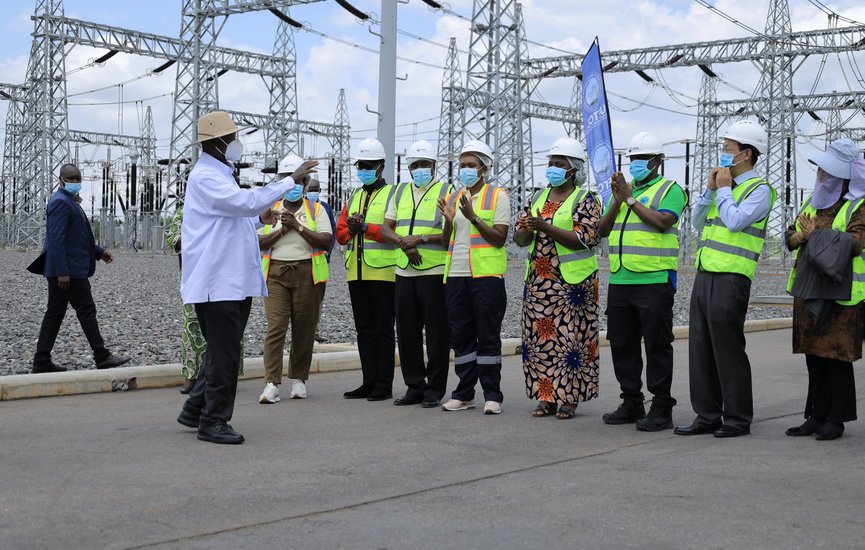Kampala, Uganda | The Ugandan government is stepping up efforts to improve electricity access in the West Nile region, but officials acknowledge that significant challenges remain in achieving equitable power distribution. Despite ongoing investments and projects, the region still faces limited coverage, frequent outages, and high costs, highlighting the urgent need for strategic interventions to ensure reliable and affordable energy for all residents.
According to authorities, extending electricity to remote communities in West Nile requires careful planning, significant resources, and coordinated efforts between national and local stakeholders. Infrastructure gaps, including outdated transmission lines and insufficient distribution networks, have contributed to persistent disparities in access. The government aims to address these challenges through a combination of expanding the national grid, developing off-grid solutions, and leveraging renewable energy sources such as solar and mini-hydro systems.
Community leaders emphasize that equitable power access is not just about convenience; it is central to socio-economic development. Reliable electricity enables better health services, improves educational outcomes, and supports small and medium-sized enterprises, which are critical for local job creation. Residents in some districts continue to rely on kerosene lamps, firewood, or expensive diesel generators, underscoring the stark contrast between urban centers and rural villages.
Officials from the Ministry of Energy and Mineral Development stressed the importance of integrating community needs into planning and ensuring affordability for low-income households. Public-private partnerships are being explored to mobilize funding for infrastructure projects, while technological innovations aim to improve efficiency and reduce operational costs. Furthermore, training programs are being introduced to build local expertise in energy maintenance, management, and renewable technology deployment.
Despite these efforts, experts caution that progress may be slow without sustained political commitment and adequate financial resources. Policymakers are urged to streamline project implementation, address regulatory bottlenecks, and ensure that expansion plans are inclusive, especially for marginalized communities. Strengthening oversight and accountability mechanisms will be critical to prevent delays, inefficiencies, and corruption in energy projects.
The government’s broader strategy also emphasizes renewable energy as a pathway to long-term sustainability and environmental stewardship. Harnessing solar, hydro, and biomass potential in West Nile could reduce dependence on costly fossil fuels and create green jobs, aligning with Uganda’s national development goals and commitments under international climate agreements.
As Uganda works toward universal electricity access, West Nile remains a litmus test for the country’s ability to bridge regional disparities and deliver development benefits equitably. Stakeholders agree that achieving reliable power for all communities will require a multi-pronged approach, blending modern infrastructure, innovative technology, community engagement, and sound policy implementation. The success of these initiatives will directly impact education, health, business growth, and overall quality of life, proving that electricity is not just a utility but a catalyst for socio-economic transformation.
